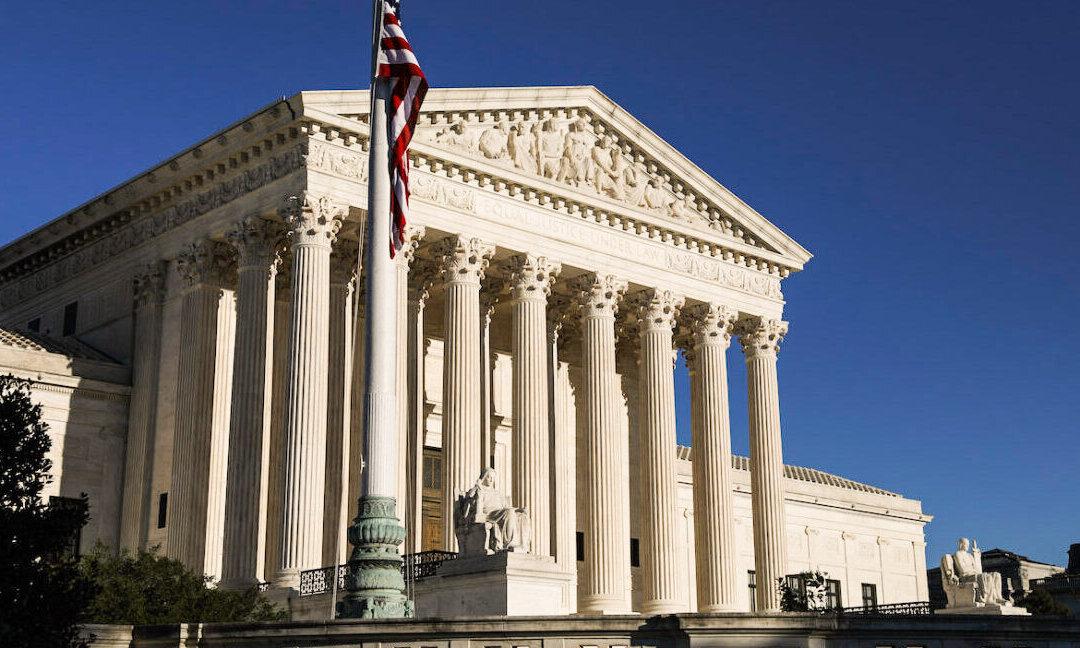A students group that disagrees with how some colleges use race to determine which applicants to admit will have the opportunity to present their case to the nation’s top court.
The Supreme Court announced on Jan. 24 that it has granted writs of certiorari—requests for review of lower court decisions—from Students for Fair Admissions in cases involving the University of North Carolina and Harvard University.





